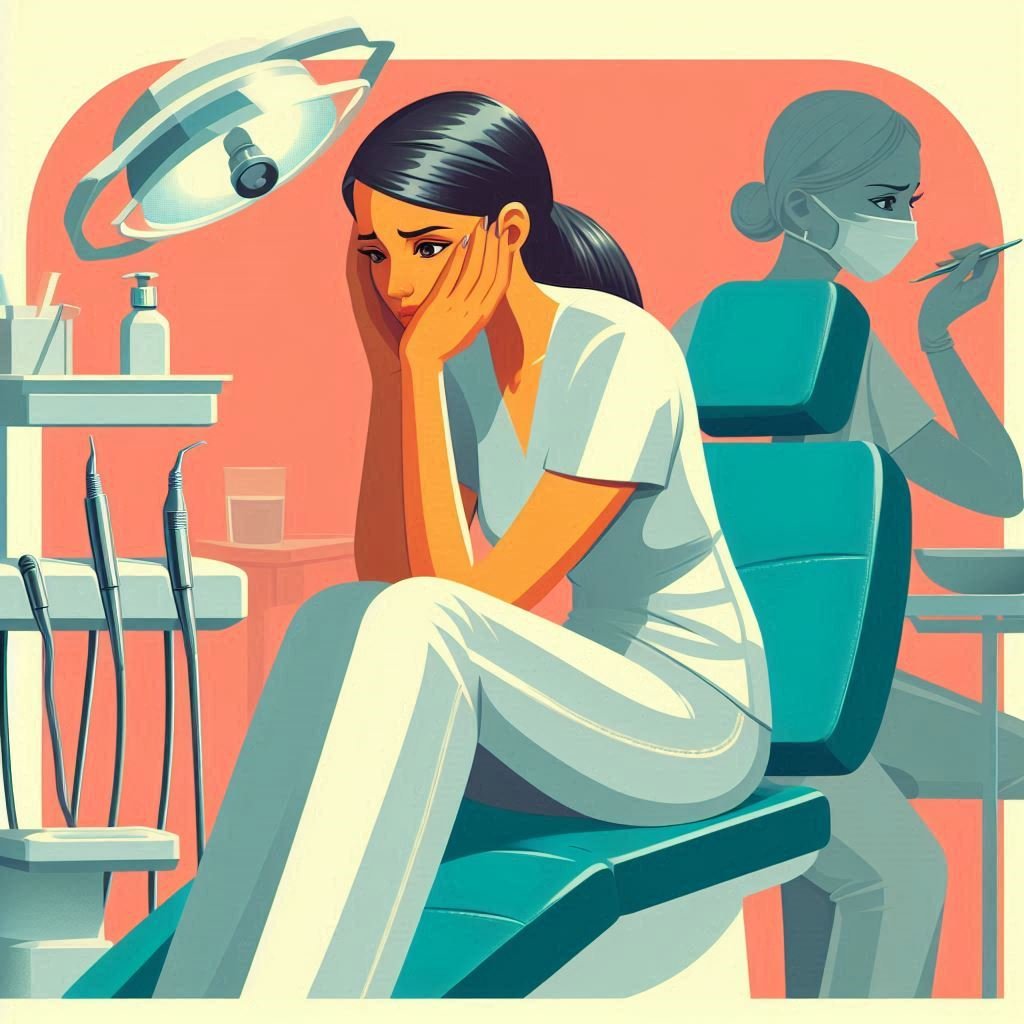Anxiety disorder
Feeling anxious is a normal response to keep us safe from danger - it’s fight or flight in action. But persistent worry or distress can be difficult to control. Anxiety can interfere with how we go about our everyday lives, and make it hard to cope with ‘normal ‘challenges. When we frequently feel anxious, it can be considered a disorder.
What is anxiety disorder?
Anxiety is a feeling of unease that persists and is out of proportion to the situation you are in. It may relate to professional circumstances, personal circumstances, or may not have a specific cause. It is a normal reaction to stress. Mild levels of anxiety can be beneficial in some situations. It can alert us to dangers and help us prepare and pay attention.
Anxiety disorders differ from normal feelings of nervousness or anxiousness and involve excessive fear or anxiety. Generalized anxiety disorder involves persistent and excessive worry that interferes with daily activities.
Symptoms
Feeling very worried or afraid most of the time; tense and on edge; nervous or scared; panicky; irritable, agitated; worried you’re going crazy; detached from your body; feeling like you may vomit.
You may be thinking ‘everything’s going to go wrong’ , ‘I might die’, ‘I can’t handle the way I feel’, ‘I can’t focus on anything but my worries’, ‘I don’t want to go out today’ or ‘I can’t calm myself down’.
You may also be experiencing sleep problems (can’t get to sleep, wake often); pounding heart; sweating; ‘pins and needles’; tummy aches, churning stomach; lightheadedness, dizziness; twitches, trembling; problems concentrating; or excessive thirst.
How common is it?
Up to one-third of women and one-fifth of men will experience anxiety at some point in their lives. Recent research has found that 1 in 10 dental practitioners have reported a current diagnosis of anxiety disorder, and around 20% reporting ever having a diagnosis of depression. It was common to take some time off work because of their anxiety disorder.
More information
Find out more about anxiety disorder from the Black Dog Institute here.
Take this free online anxiety self test to give you an understanding of the likelihood that you might have symptoms consistent with anxiety disorder.
If you are having intense feelings of worry or distress for longer than two weeks, and it is interfering with your everyday life, it’s important to seek help.

